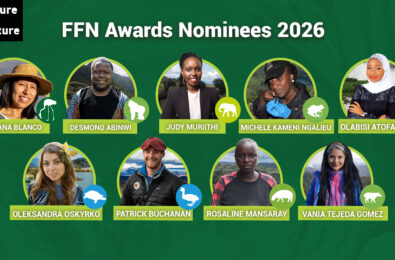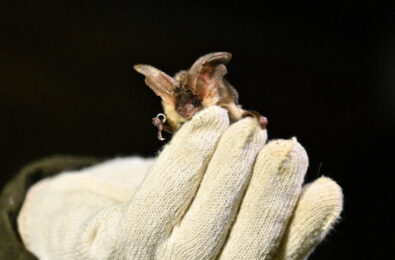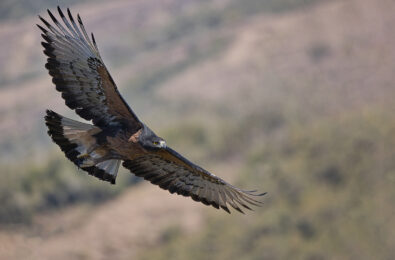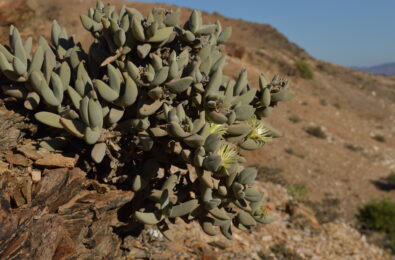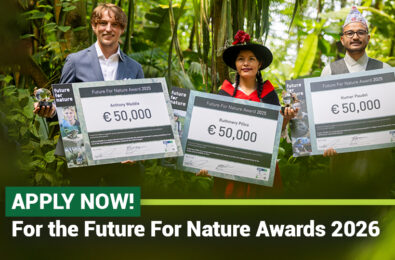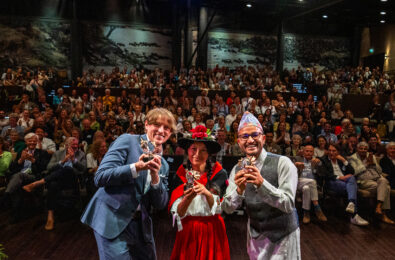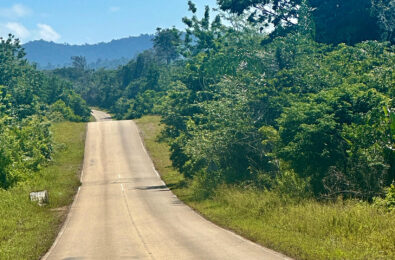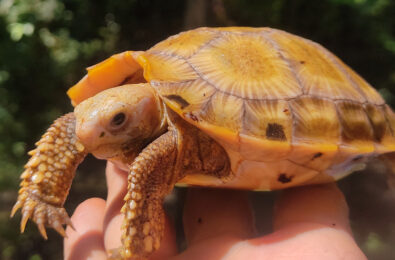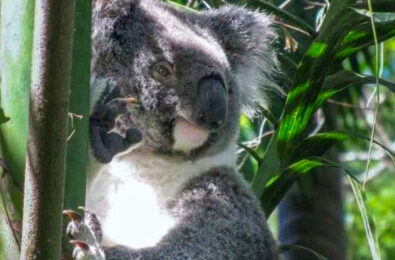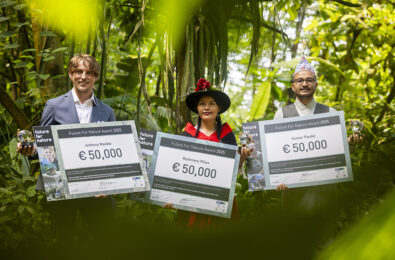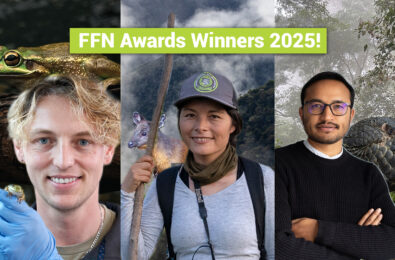Blog by Karen Allen
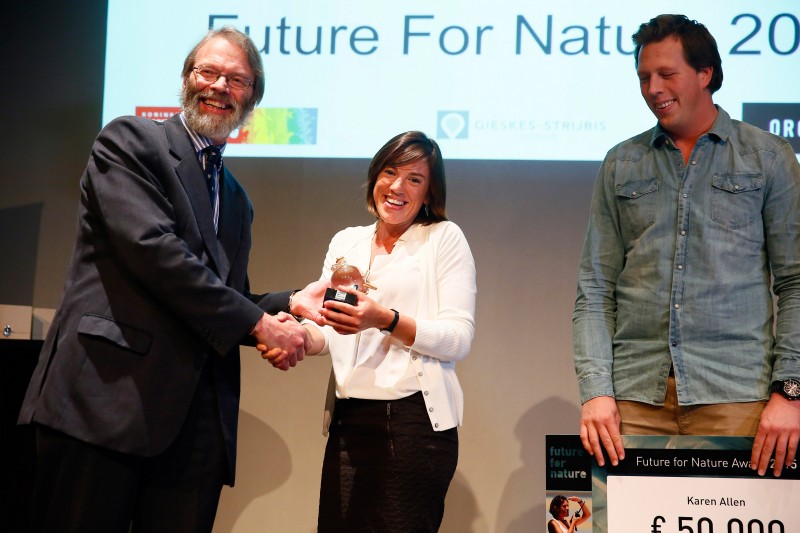
We received a barnstorming blog from Karen Allen, protector of dugongs in Mozambique, winner of the Future For Nature award in 2015. Here’s her blog!
“I’ve always maintained- hope floats. Hope (and possibly coffee) is an unremitting constant in my life. I live it mostly in Mozambique, in a marine National Park, on an island called Benguerra, alongside endangered Dugongs and the Vahoka people. It’s been said that I’m a strong advocate for perseverance too- a quality, when combined with hope, makes almost anything possible by my calculation. These vital elements are what I believe have enabled me to become an effective conservationist. These are no doubt two of the traits that won me a 2015 Future For Nature Award, and are the essentials in a conservationist’s arsenal. In today’s age- an age of extensive consumerism, excessive natural resource extraction, climate change, un-checked population explosion, and significant biodiversity loss- the few people who have taken up the task of protecting the planet or parts thereof; have to hope in the possibility of change, and persevere to effect that change. I’m talking about the change of a mind set. Saving planet earth (and ensuring our continued existence here) can only happen if human beings change their behavior to consume more responsibly. If we don’t make this one change, we have little chance of a future; no chance at clean water and air, no predictable weather patterns to create favorable conditions for crop growth, no more life in acidic oceans, no ecosystem services that we take for granted- not a single hope left at all. Conservationists are the hope of our planet, we are the overwhelmed soldiers who fight to maintain all that is essential to sustain life on earth and to strike a balance between both human and environmental needs.
But we are outnumbered. The future of this planet cannot rest in our hands alone, not when there are over 6 billion people responsible for its wellbeing.
And this is why I urge you to join me today- and change just a few ways that you consume. How? Try eating sustainable fish and wild venison as opposed to animals grown in transformed landscapes and feedlots, recycle, don’t use plastic bags and avoid products that are packaged in plastic, grow your own greens, buy fruit that’s in season, save water, harvest rain. And if you’re also addicted to coffee- why not try the organic and fair-trade varieties? Small lifestyle adjustments will be the waves of positive change. Come ride this wave with me.”






